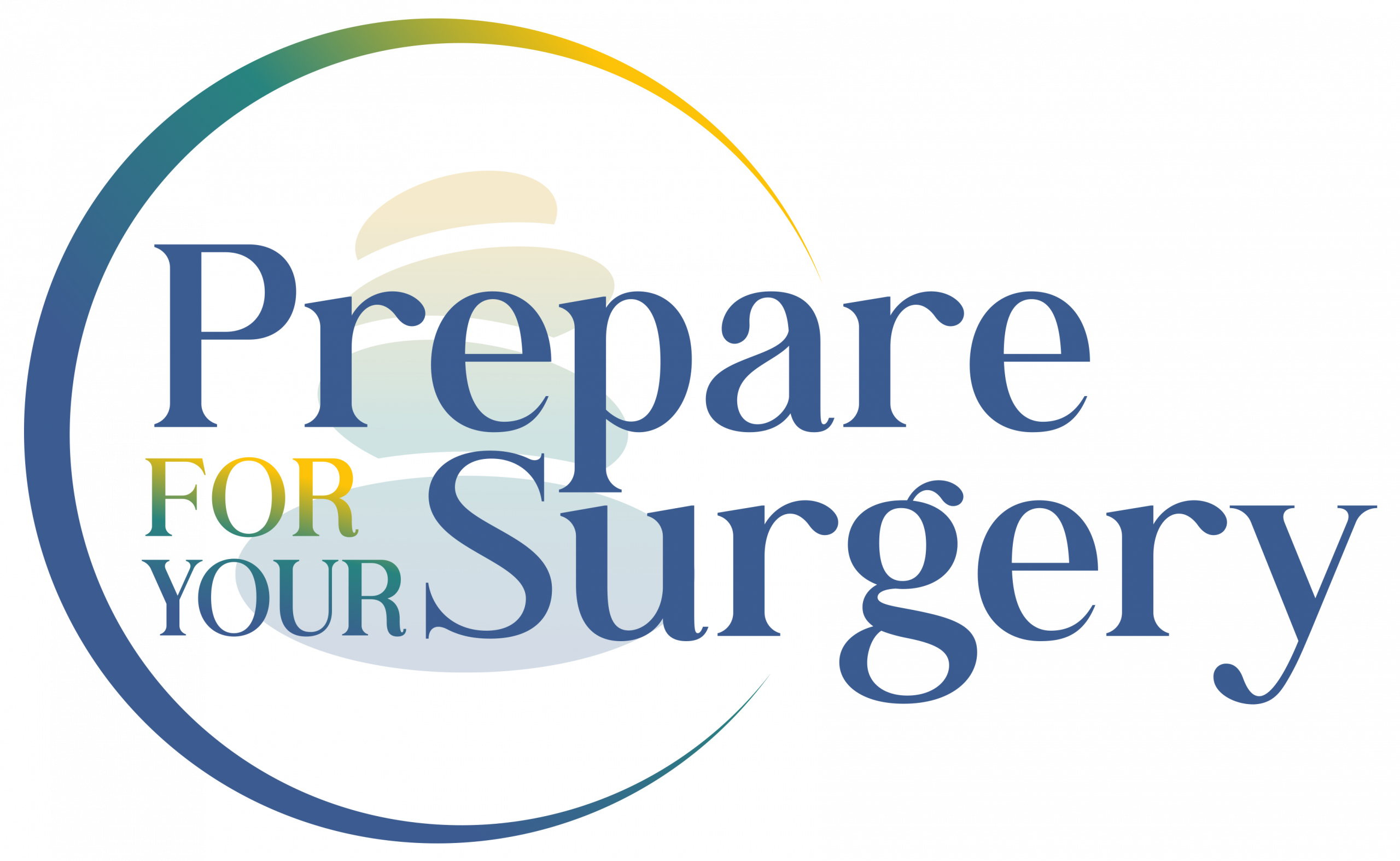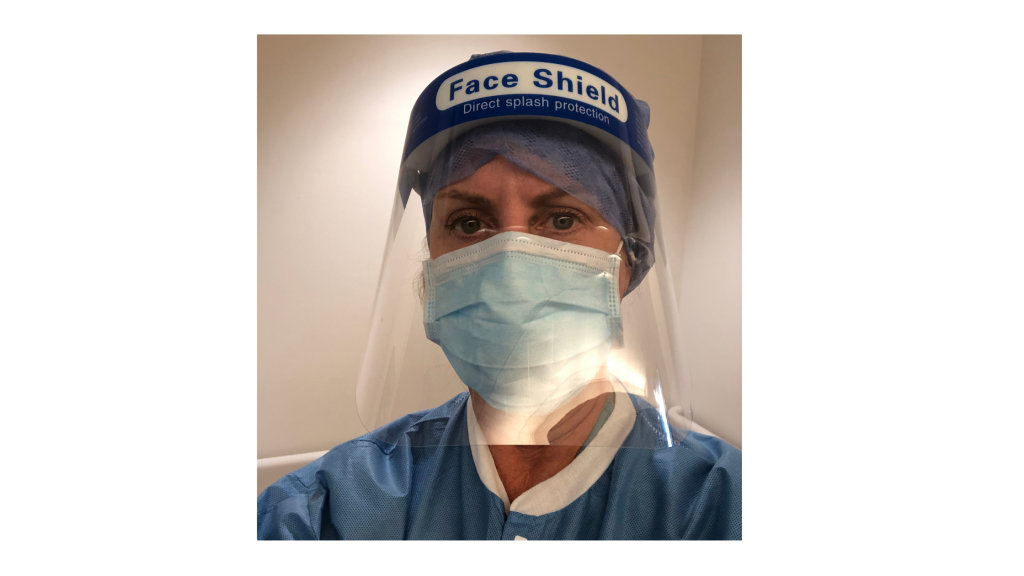On a scale of 1 to 10, how much control do you believe you have over your life?
My answer to this question varies depending on the day and the circumstance, but on average, I’m at three on the 1 to 10 scale. Why so low? Because I believe outside forces significantly outweigh the impact my choices and behavior have over my life. We humans live with a false sense of control over our lives. But wait! Before you label me fatalistic, hear me out.
First, I think our self-deluding sense of control is a good thing. It’s necessary for survival. I probably wouldn’t eat my veggies, exercise my body, or get my annual physical otherwise. I believe there is a LOT we can do, meaning choose to do, meaning exert control over, that helps maintain and improve our health and well-being.
But the impact outside forces have over our lives is so much greater than the little day-to-day things we do to maintain our health, achieve goals, and be happy. I don’t feel defeated or overwhelmed when I take stock in that reality. I feel grateful. I hope I can explain why.
The first experience I had that taught me about the illusion of having control was in 1998 when my little house in San Marcos flooded. One minute Lowell and I were standing by the railroad trestle, watching the river rise to the tracks, and the next minute, we were scrambling to grab clothes and pets and get the car out at the end of the street that was quickly flooding and would soon be trapping us in. Neighbors were stationed at the corner, helping push cars through the knee-deep water. We did get some water on the car’s floorboard, but I was able to drive to Austin, where we stayed with my sister-in-law. The following day I spoke to my landlord, and he told me that two feet of water had been in the house and had already receded, allowing him to check on things.
Some photographs got wet, but we could salvage most of them. Mattresses, a sofa, and a few other furniture and household items had to be replaced, but overall our material losses were minor. The saddest loss was our little cat, Buddy. We couldn’t find him when we were packing up to go, so we had to leave him behind. I hoped so hard that he would be okay and waiting for us when we got home, but sadly, we never saw him again.
I received a lot of help from family and friends to recover from this event. And I knew of others who had lost so much more than we had. From this experience, I learned that things are just things. Things can be replaced, and they will be replaced with other things that can be replaced. What matters in this life are the things that can’t be replaced: life, people, pets, and relationships.
A few years later, I began working in the ICU at Texas Children’s Hospital. I’d worked in the adult ICU before and quickly learned that while most patients recover from whatever brought them there, some do not. It’s not something you get used to. It’s something you learn to accept. But this took on a whole new meaning when it came to babies and children. During my first week there, I helped care for two sisters who were left brain-dead after a horrific drowning accident. Their mother donated their organs – saving the lives of ten other children.
I developed a greater appreciation of life and health while working there. I’ve heard nurses say, “I could never work with sick kids because I’m too sensitive.” Once, after hearing this from a fellow nurse, I replied, “So are you saying I’m NOT sensitive because I CAN work with kids dying in the ICU?” She didn’t know how to respond, and I felt a little sorry for her, but not really.
I don’t believe that your level of “sensitivity” makes it harder or easier to handle difficulty and heartbreak. What allows you to do such work is developing an understanding and appreciation for the gifts life brings and acceptance that so much of this life is out of our control. Life is hard, and life is sad sometimes. We don’t help each other by avoiding the hard times because we’re “too sensitive.” We can’t expect only to share the fun and good times with each other – we also have to be willing to share in each other’s pain and loss.
And then there was Covid. I’ve seen first-hand the results of this devastating pandemic. Over one million Americans have died; 6.3 million deaths worldwide. Covid has left many with lingering health problems and mental health issues. We are all experiencing supply-chain issues, rising inflation, and healthcare provider shortages. And it’s not over yet.
Personally, I haven’t suffered too much through the pandemic. I lost one week of work when elective surgeries were canceled, and we had to take time off without pay. I dealt with the inconvenience and discomfort of wearing PPE while taking care of patients in the hospital. I’ve been vaccinated and boosted and somehow managed to avoid getting Covid all this time, up until now.
Today, five days before I was scheduled to leave for a 12-day, once-in-a-lifetime trip to Peru, I tested positive for Covid. To say I’m disappointed is a major understatement. When my symptoms began yesterday afternoon, I convinced myself it was just allergies. The timing could not have been worse. But as more symptoms developed, I faced the reality that I probably had it. And the at-home test said, “Yes, you do.”
Pretty quickly, I’ve moved into acceptance mode. I thank my previous experiences for providing me with the perspective and tools to be able to do so. I have travel insurance, so my financial losses are few. I know more once-in-a-lifetime trips and experiences are out there to be had. I’m grateful my symptoms are relatively mild, and I’ll recover and go on to experience more of this beautiful, unpredictable, and uncontrollable life I’m living.
I’ve heard people say, regarding going under anesthesia, “I just hate losing control!” I smile, and I want to pat them on the head. I don’t have time to start a discussion on how much control we actually do or don’t have, so I tell them that I understand and that I’ll take good care of them. And I do understand. We all want to believe we have control. But a flood, dying children, and a pandemic have taught me that my control is limited to a few simple but very important things. I will continue to exercise, eat my veggies, meditate and do yoga, plan vacations, and tell family and friends I love them. And I’ll continue to be grateful for all the things life brings that are out of my control.


Well written, very insightful, thank you.
Thanks Mark!
So grateful for your perspective. Thanks for taking such good care of your patients and friends & family. Love how you graciously accept the challenges of life. A refreshing attitude! Hope you recover soon! Much love ❤️
Thank you, Gena! I appreciate that!
Hi Becky,
It has been a while since I had heard from you. I am so happy you are ok. I loved your perspective on life, but I think I have you beat in so many ways, it would make your head spin. I just leave my life up to the one who made us. We do not really have control of what we do and to me that means I have to be courteous, and do the best I can with everyone. That is how I made it through all my trials and tribulations. Once a nurse, you do not own your life; it belongs to all those you care for. I am sorry about your cat and the flood, that made me cry.
I miss your smiling face Becky. You were one of the few who was always nice.
Thank you and God Bless You.————Chris Diaz
Thanks Chris! I miss you and appreciate you so much!
A lot of wisdom here, Becky. I am sharing this with my special group of friends — some of whom you met, doing yoga on our deck. Thank you, Kay
Hi Kay! Thank you, and thanks for sharing.